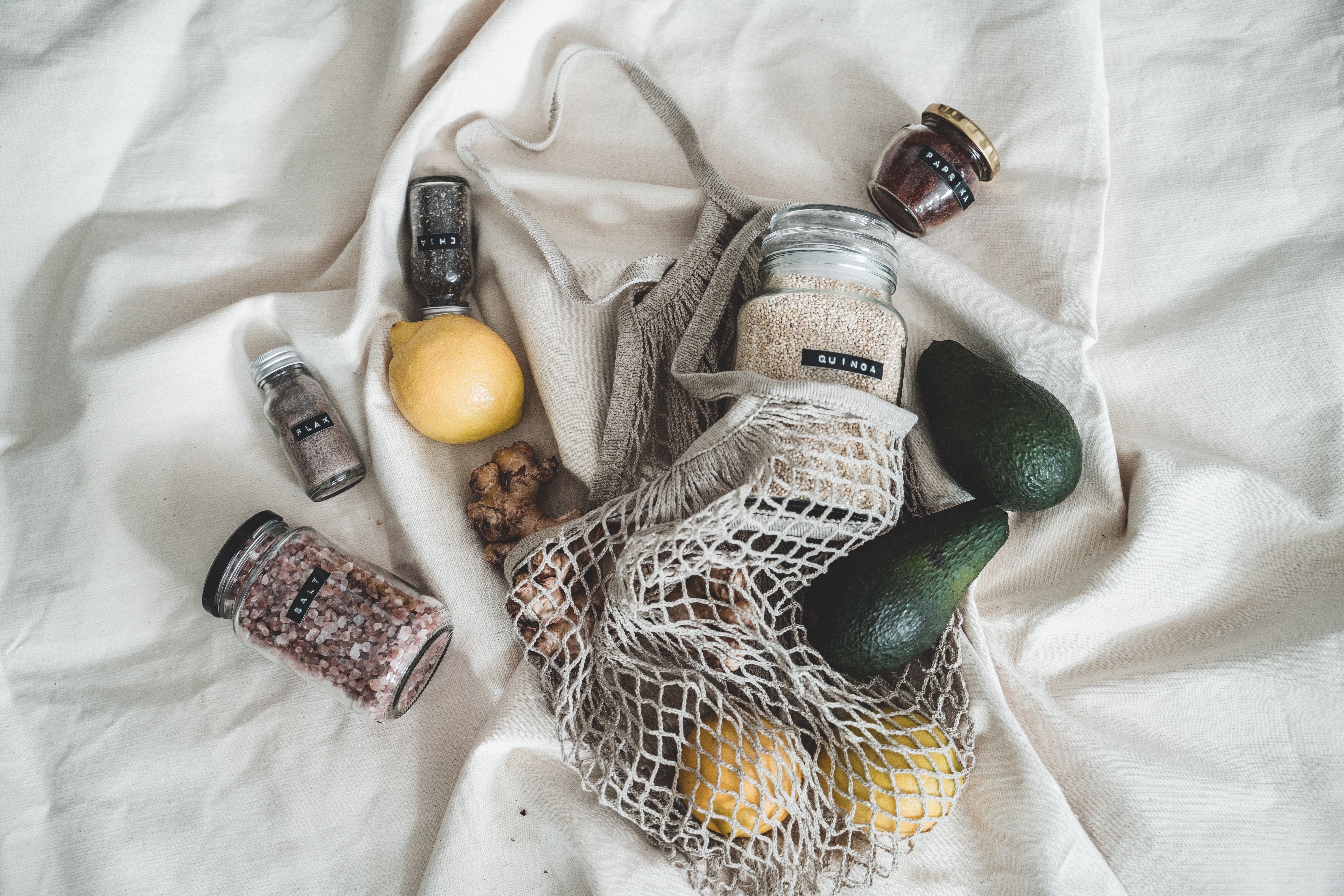Pollution is broadly defined as waste released into the environment, and includes a variety of chemicals, heavy metals, and other compounds that harm wildlife, ecological systems, and human health. Collectively, pollutants are the leading environmental cause of disease around the world, with around nine million deaths per year attributed to pollutant exposure.1 The link between ocean pollution and human health is only recently being examined in earnest, and scientists are uncovering the magnitude of the problem. One of the most common ocean pollutants today is plastics.
Globally, humans toss out around 260 million tons of plastic every year, and a large portion escapes into marine waters,2 adding to shipping garbage and the plastic nets left behind by bad fishing practices. Plastic pollution in the world’s oceans has reached a critical level. The United Nations Environment Program (UNEP) has determined that around 13 million tons of plastic are dumped into the oceans annually, equivalent in weight to about 60 fully loaded cargo ships.3 If current trends continue, by 2050 there will be a greater total mass of plastic in the ocean than of fish.
Making waves
Plastic pollution impacts human health by leaching harmful chemicals into marine waters that find their way into our food and water sources. Through wave action, plastics break down into small pieces called microplastics, which are often mistaken for food by marine life, leading to starvation and death. In fact, the United Nations Educational, Scientific, and Cultural Organization (UNESCO) estimates that over one million marine animals die annually from plastic exposure.4 The process of plastic breaking down also releases toxic chemicals into marine waters, including long-banned toxins like polychlorinated biphenyls (PCBs), which can bio-accumulate in tissues of aquatic life and are known to cause a range of negative health effects even at low levels.5,6 Other manufactured chemicals that are still widely used in the fabrication of plastic products, including phthalates, bisphenol A, flame retardants, and perfluorinated chemicals (PAHs). These pose a range of negative health effects,7 including disrupted hormone signaling, impaired heart function, damage to the nervous system, increased cancer risk, infertility, and increased overall mortality.8
Once in the oceans, these chemical pollutants can reach us in many ways, from our rainwater to contaminated seafoods. Sadly, adverse health outcomes from manufactured chemicals in the oceans are experienced disproportionately by residents in less developed nations—a clear example of global environmental injustice.9 The health effects of plastic chemicals are outlined in systematic reviews from the US National Academy of Medicine and the International Agency for Research on Cancer, with findings summarized here:
Cardiovascular Disease
Multiple studies indicate that common chemicals leached from plastics increase risk and prevalence of cardiovascular diseases, such as hypertension, atherosclerosis, stroke, and heart failure.10
Developmental Defects
Exposure to even low doses of manufactured chemicals during fetal development introduces a range of adverse effects. Long-term effects may arise from genetic imprinting, where toxic exposures during development alter genes and lead to increased risk of disease. Research is clear that fetal exposure to PCBs is associated with cognitive and metabolic impairment. Phthalates, perfluorinated compounds, and bisphenol A are linked to low birth weight, neurotoxicity and behavioural disorders like attention deficit/hyperactivity disorder (ADHD).11
Endocrine Disruption
These chemicals act as endocrine disruptors, interfering with healthy hormone signaling and homeostasis. Manufactured chemicals are linked to a range of endocrine disorders, including hypothyroidism, metabolic disorder, and diabetes, as they disrupt glucose metabolism and increase harmful inflammatory lipids.12
Immune Toxins
Evidence suggests that manufactured chemicals decrease antibody responses, particularly following neonatal exposure, which leads to increased risk of infections, autoimmune dysfunction, and chronic disease.13
Cancer Risk
Several research studies demonstrate that manufactured chemicals are potent carcinogens. PAHs are linked to multiple types of cancer, including lung, skin, and bladder cancer. PCBs are associated with increased rates of Non-Hodgkin’s Lymphoma and heightened risk of lung, liver, and all other cancers following neonatal exposure.14
All hands on deck
The above health research paints a dire picture. Plastic pollution of the world’s oceans presents a significant threat to human health, and the time to take action is now. Fortunately, we can make a real impact through our daily habits, along with broader policies at the local, national, and global levels. Much like climate change, the enormity of the problem requires all hands-on deck. The first step is cutting back on plastic products to limit the amount of contamination. Here are some friendly reminders of simple ways to curb plastic use:
Keep it sustainable at the supermarket by bringing your own grocery bags and bulk food containers. My local food co-op has a sign in the parking lot to remind customers to bring reusable items that reads, “A bag in the hand is worth two in the car.” To remember your bags, try a post-it note on your car door, or pack collapsible bags into purses and backpacks.

Skip single-use plastic, which, let’s face it, is easier said than done. When we head out for a family adventure it can be a real challenge to pack all the reusable containers, utensils, and straws we need. Keeping items in the car can help, and if dining out, opt for biodegradable options wherever possible.
Volunteer to pick up plastic litter, especially near rivers, lakes, and shorelines. Get the whole family involved! Or if spare time is hard to find, just stopping to collect litter now and again when you’re out walking can make a real difference.
Recycle plastics that qualify, which include most of the plastics used in packaging for online orders. Not all jurisdictions recycle all kinds of plastic, so be sure to check with your municipality on allowed types.
For more on reducing plastic pollution, check out ecoparent.ca/plastic-pollution-solutions
While the above actions have a big impact, larger scale policy changes can shift our society towards greater sustainability in the long term, like incentives for biodegradable products, taxes on single use plastics, greater support for local producers, and international ocean policy coordination.15 Although most plastic waste comes from affluent nations, countries in the global south are disproportionately impacted by toxic contaminants from ocean plastics.
By reining in our plastic consumption, we can help balance the scales, while also advocating for policies and innovative science and technology that address the issue. One exciting approach is bioremediation, where algae and fungi are applied to marine microplastics to break down waste and neutralize chemical toxins.16 Fungi use enzymes that detoxify pollutants, and have hyphae that convert plastics into a carbon and energy source. This innovative approach can be combined with more ecofriendly plastic manufacturing practices to limit chemical leaching into seawater.17
Curbing the spread of plastic pollution through a multi-pronged approach is crucial, as is addressing the health impacts we currently face. A holistic approach to environmental pollutants starts with the basics: whole foods diet, plenty of water, sound sleep, and regular exercise. Local health jurisdictions typically maintain a resource for low-toxin seafoods and, in general, it's best to avoid fish higher up the food chain that accumulate more toxins, like swordfish, southern bluefin tuna, Chilean sea bass, grouper and tilefish.18 For a comprehensive review of naturopathic approaches to detoxification, check out Dr. Joseph Pizzorno’s book The Toxin Solution.19 While the problem of plastic pollution is immense, our best way forward is to take simple, concrete steps that reduce waste and decrease the harmful effects of plastics on our health and the environment, while supporting democratic policies that move our communities forward, from the local to the global scale.
For references visit ecoparent.ca/EXTRAS/SPR22
You May Also Like: Going Green? Follow these Blogs for Sustainable Living Tips, 15 Ways to Go Green, Are You New?









